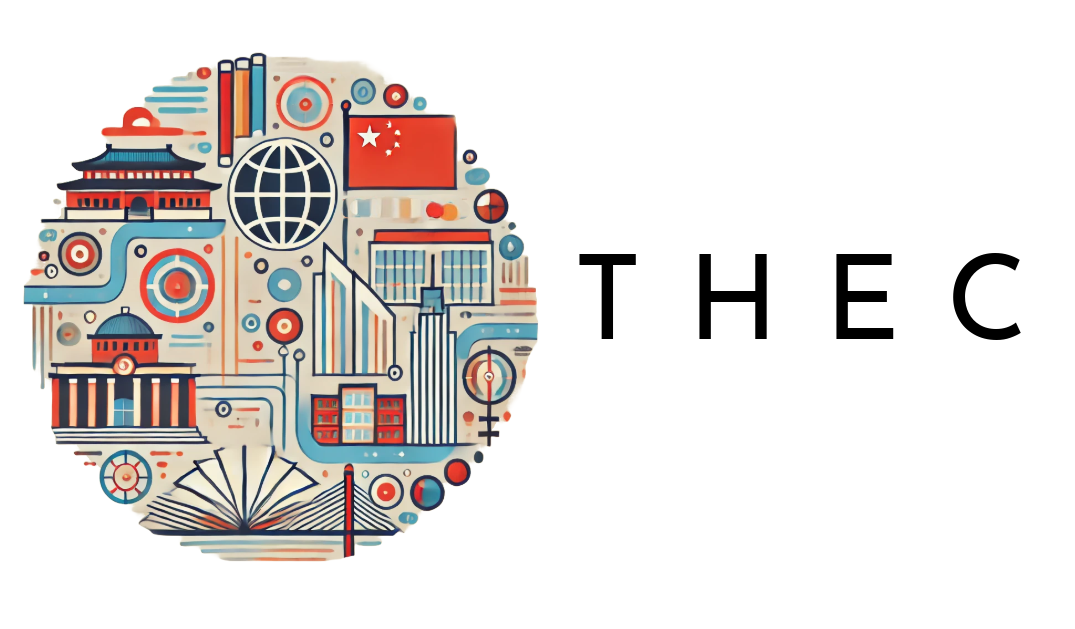Transnationalisation of higher Education in China - Institutionelle Governance chinesischer Hochschulen und transnationale Elitenbildung
The Chinese higher education sector has been undergoing significant political and financial expansion, directly affecting the German and European higher education systems. The project examines the impact of current transnationalisation processes in the Chinese higher education sector. Based on a multi-method research design, it generates reliable empirical evidence on (1) which inter- and transnationalisation developments and efforts are currently shaping the Chinese higher educational system, (2) how selected elite universities are implementing them, (3) what this means for the mobility orientations of Chinese educational elites in an international context, and (4) what consequences can be expected for the German higher education and labour system. The project advances previously existing knowledge on “lived transnationalisation”.
Project objective
The project analyses the strategies, policy frameworks, and institutional initiatives that China is pursuing to internationalise its higher education and examines their impact on the global education market, particularly in Germany. The results are instructive for German higher education and science policy, highlighting the challenges associated with the transnationalisation of China's universities and the German labour market. The project provides an empirical basis for current transnationalisation developments and efforts in the Chinese higher education system and determines the implications for Germany's education system. It outlines clear evidence about the changing logic and patterns in the Chinese context, highlighting how top-tier universities are becoming transnational. Additionally, it examines the concept of “lived transnationalisation” among Chinese educational elites in Germany.
Project procedure
This project examines the transnational practices of leading Chinese universities and educational elites. Considering the limited empirical data and the inapplicability of existing higher education studies from other regions to China, the research employs a multi-method approach. It combines qualitative research methods to generate new insights: systematic document analysis, organisational case studies of selected top-tier universities, expert interviews with university administrators and faculty staff, and semi-structured interviews with transnational elites in Germany.
Projektleitung
T +49 (0) 8031 / 805 - 4538 Yvonne.Berger[at]th-rosenheim.de
ORCID iD: 0009-0006-5061-9698
Projektmitarbeiter und Mitarbeiterinnen
vitali.knjazkow[at]th-rosenheim.de
Projektmitwirkung extern
Universität Innsbruck
Projektdauer
01.01.2025 - 31.12.2027Projektpartner
Projektförderung

Förderprogramm
Forschungseinstieg Bayern

.png)
